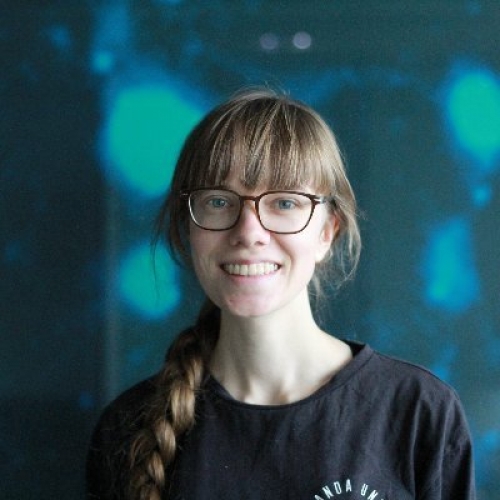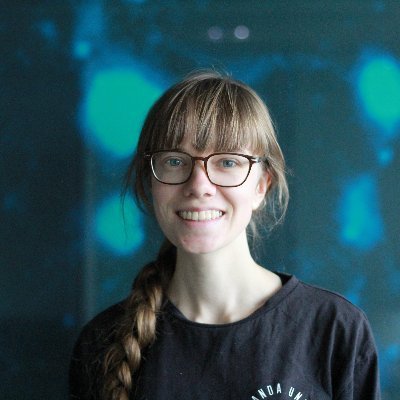
Rebecca Cooper
The University of Melbourne
Rebecca completed her undergraduate degree in Biomedicine at The University of Melbourne, and her honours thesis focussed on neural correlates of sensory and motor abnormalities in individuals with treatment-resistant schizophrenia. Rebecca is currently studying for her doctorate degree. Her research focus is on the reciprocal relationships between changes in adolescent sleep, brain development, and psychopathology.
Can you give me a quick overview of the type of mathematics you are studying and its potential applications or outcomes
The types of mathematics I do each day is largely simple correlational statistics; I’m mostly investigating relationships between behavioural data and brain structure. As my research focus is on brain development, I work with a lot of longitudinal data, which presents its own unique set of challenges in regards to statistical robusticity. The aims of my research are to investigate the relationships between changes in sleep and brain structure over time, and determine whether there are interactive relationships between these constructs and the emergence of psychopathology symptoms during adolescence. I hope that findings from this body of research will inform public health practices, and in particular underline the crucial role for sleep in adolescent mental health, wellbeing, and neural development.
How did you get into bioinformatics?
Prior to my research degree I was studying a practical allied health degree and found that, while I didn’t want to continue a career path in that field, I thoroughly enjoyed the statistics and research segments of the course. After I graduated that course, I decided to complete an honours year in psychiatry, and thoroughly enjoyed it – so much so that I began my doctorate degree the year after.
What advice would you give to your younger self or others wanting to studying the mathematical sciences?
I would tell her to shift away from a narrow and limited version of success. Initially I pursued degrees solely for the outcomes I thought would be deemed ‘successful’ rather than doing what I actually wanted. As such I really struggled to enjoy anything I did day-to-day and it was difficult to muster up motivation for anything. I would encourage others to pursue what they ultimately enjoy, rather than what they might perceive as the ‘expected’ or ‘successful’ path.
What was your motivation for attending AMSI BioInfoSummer?
I’m very interested in expanding my knowledge base and statistics skills. I’m very keen to explore the relationships between genetics and transcriptomics and neuroimaging, as this is a very new field of research. I’m very excited about combining different -omics technologies with neuroimaging data and devising statistical methods to achieve this. I would thoroughly recommend attending! Even as an absolute beginner I learnt so much and was completely amazed by the quality of research that depends on bioinformatics and statistics.
You received an AMSI BioInfoSummer registration scholarship to attend AMSI BioInfoSummer. How important was this in terms of your ability to attend and fully participate in the sessions throughout the week?
This scholarship was paramount to my attendance. As a limited-budget PhD student, I know I couldn’t afford to fund my place in the program myself. In addition, as this conference was outside my typical field of study and knowledge, I would not have been able to request funding from others within my research community. I am so very thankful for AMSI for allocating a place for me at this conference.
What was your main take away from AMSI BioInfoSummer?
I enjoyed the practical workshops the most! Even though these workshops engage with extremely technical and difficult concepts, they are geared towards absolute beginners, so I was able to participate fully. I wouldn’t have imagined at the beginning of the week that I would be detecting cancer fusion genes in RNA transcripts or running machine learning models to predict outcomes related to diabetes progression by the end of the week!
Where do you want the mathematical sciences to take you? Where do you see yourself in five or ten years’ time?
I hope to continue a career in academia, wherever that might take me. I have a strong passion for mental health research and know that this theme will continue throughout my life. Attendance at AMSI BioInfoSummer showed me how I can broaden my scope and outlook in relation to the number of ways I can use bioinformatics tools in my research, and how it can open up collaborations across very different fields to achieve shared aims.

